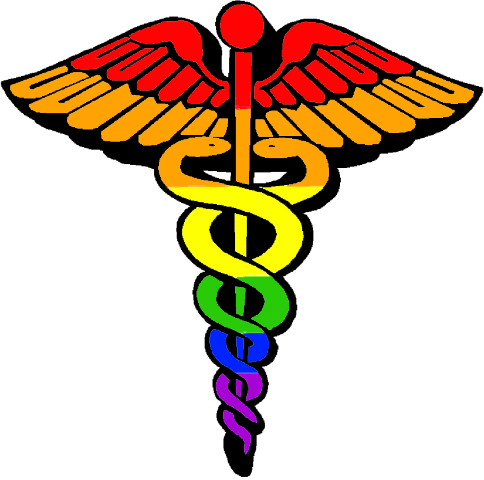Last Updated on March 1, 2021
We are a few short weeks away from the beginning of spring in the United States, when more than 50 million Americans may be affected by seasonal allergies. Allergies are one of the most common chronic illnesses. An allergy occurs when the body’s immune system sees a substance (referred to as an allergen) as harmful and overreacts to it. Allergies affect as many as 30% of adults and 40% of children in the U.S. The most common allergy symptoms make you uncomfortable, while others can be life-threatening.
Allergens can be inhaled into your nose and lungs, ingested through the mouth, absorbed through the eyes and skin, or injected into the body. The severity of symptoms during an allergic reaction can vary widely based on the allergen, infection vector, and individual reaction. Some of the symptoms of an allergic reaction include:
- Itchy, watery eyes
- Itchy nose
- Sneezing
- Runny nose
- Rashes
- Hives
- Stomach cramps
- Vomiting
- Diarrhea
- Bloating
- Swelling
- Redness
- Pain
- Tongue swelling
- Cough
- Throat closing
- Wheezing
- Chest tightness, loss of breath
- Feeling faint, light-headed, or “blacking out”
- A sense of “impending doom”
Asthma, affecting over 25 million Americans, may or may not be related to allergies and can cause similar symptoms. There are two types of asthma — allergic (or extrinsic) and non-allergic (or intrinsic) — with similar symptoms caused by airway obstruction and inflammation. Non-allergic asthma is triggered by a variety of causes such as cold air, exercise, smoke, or stress and anxiety; allergic asthma is triggered by pollen, mold, pet dander, or other inhaled allergens.
During the COVID-19 pandemic, millions of people with allergies and/or asthma can face uncertainty whether their symptoms are signs of exposure to an allergen, an asthma attack, or if they’ve contracted the novel coronavirus. COVID-19 can cause many similar symptoms including coughing, loss of smell, and shortness of breath. There are key points to consider when determining your risk of having contracted the coronavirus.
- Your personal and medical history.
- People with allergies often have a history of seasonal allergies.
- Allergy symptoms tend to be more long-lasting than viral symptoms.
- Allergy symptoms often respond to allergy medications.
- Allergies can make people itchy. Itchiness is not a symptom of viral illness.
- Patients with allergies do not develop a fever; people with COVID-19 often do.
- Patients with allergies and asthma may present with wheezing. COVID-19 typically does not cause wheezing.
If you’ve had close contact with anyone who has tested positive for COVID-19 and begin showing symptoms, call your doctor or local healthcare facility to ask if getting tested is appropriate.
NeedyMeds has a Diagnosis information Page for allergies and asthma, featuring lists of commonly prescribed medications and links to resources. The NeedyMeds website also features databases of Patient Assistance Programs (PAPs), Diagnosis-Based Assistance (DBAs), Free/Low-cost/Sliding-scale Clinics, and resources for those affected by COVID-19 for those in need (we even offer premium 3-layer masks as a donation incentive). The NeedyMeds Drug Discount Card can save patients up to 80% off the cash price of prescription medications for those without insurance or choose to use the card instead of insurance. In addition to the plastic card, the card is available in a printable form or a smartphone app for Apple and Android devices. For more help finding information, call our toll-free helpline at 1-800-503-6897.





